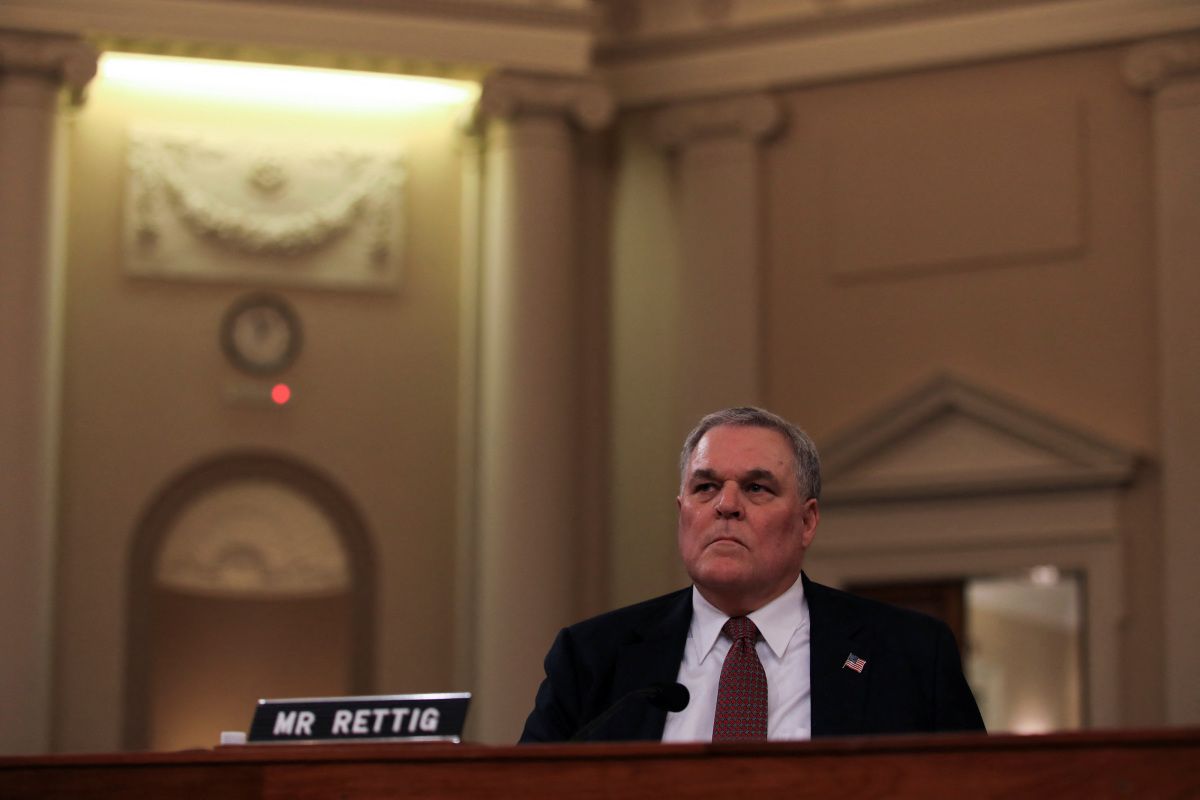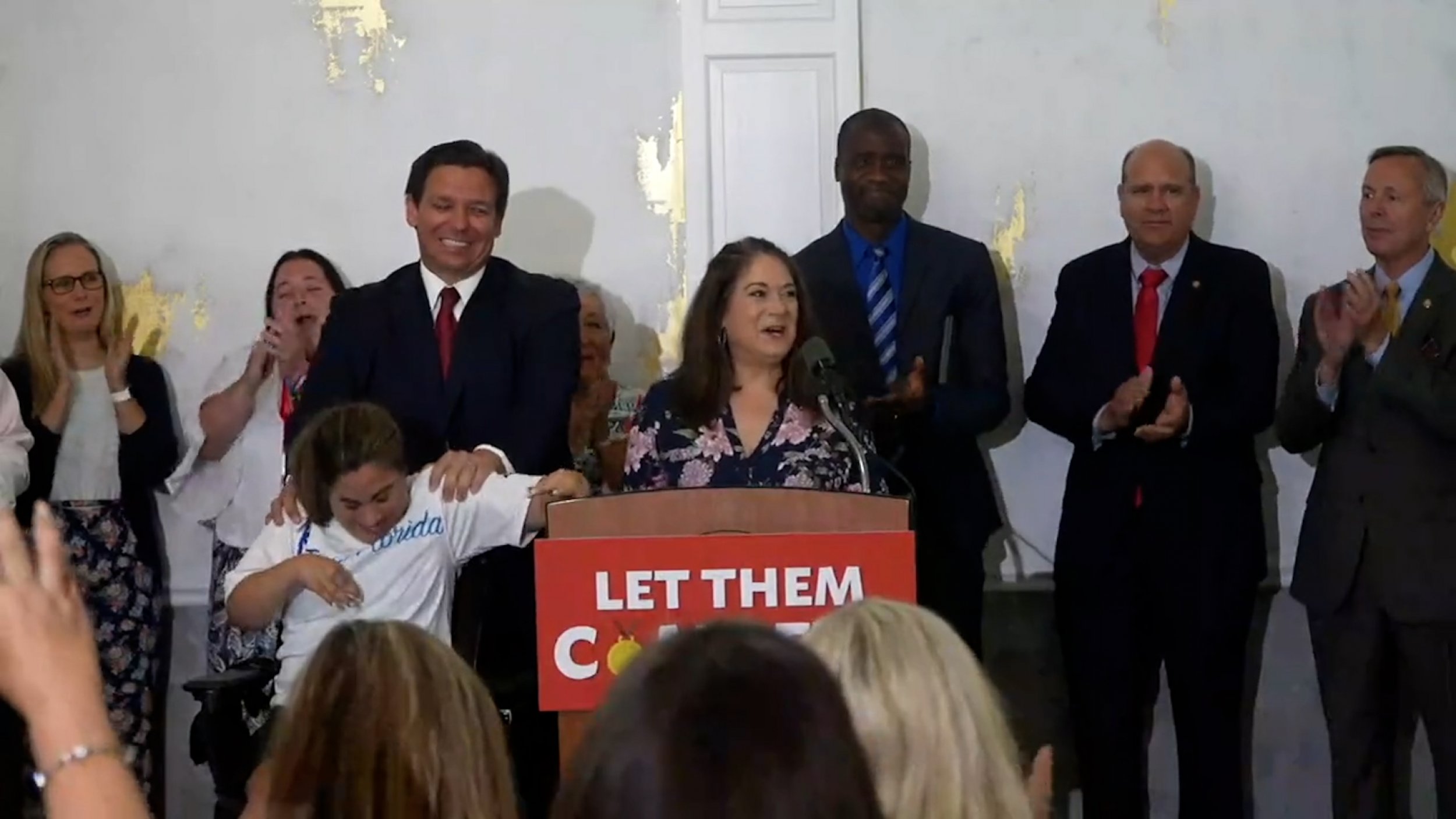The Internal Revenue Service said Friday that it has hired 4,000 additional agents to prepare for the 2023 tax filing season this spring. The agency also plans to hire another 1,000 agents before the end of the year to improve its poor track record with customer service following the COVID-19 pandemic.
After the Inflation Reduction Act passed in August, it allocated nearly $80 billion to the IRS over the next 10 years. The enormous budget is intended to improve enforcement, taxpayer services, the development of a direct e-file system, and online technology.
Reuters / Emily Elconin
The new employees have almost exclusively been hired and trained to work in customer service. During the pandemic, IRS agents struggled with high call volume and consistent phone support.
In a Thursday statement, IRS Commissioner Chuck Retting said to the House Ways and Means Committee that “the IRS is fully committed to providing the best service possible, and we are moving quickly to use the new funding to help taxpayers during the busy tax season.”
Retting noted that the IRS “will have more assisters on the phone than at any other time in recent history.”
Service delays have also included fully processing tax returns filed on paper, answering taxpayer mail, and reviewing returns filed electronically. The agency has yet to process 5.1 million individual 2022 tax returns, including late-filed tax returns from previous years. The IRS must also train existing employees to move most of its customer service assistance online in 2023.
The IRS encourages taxpayers to seek help on IRS.gov before calling customer service as call volume continues to remains high. National Taxpayer Advocate Erin Collins said in her midyear report to Congress in June that the IRS received about 73 million phone calls during the 2022 filing season, with just one in 10 calls reaching an agency employee.
Retting promised the House Ways and Means Committee that he expects this backlog and customer service will “absolutely” improve as they continue to hire more employees before December.







